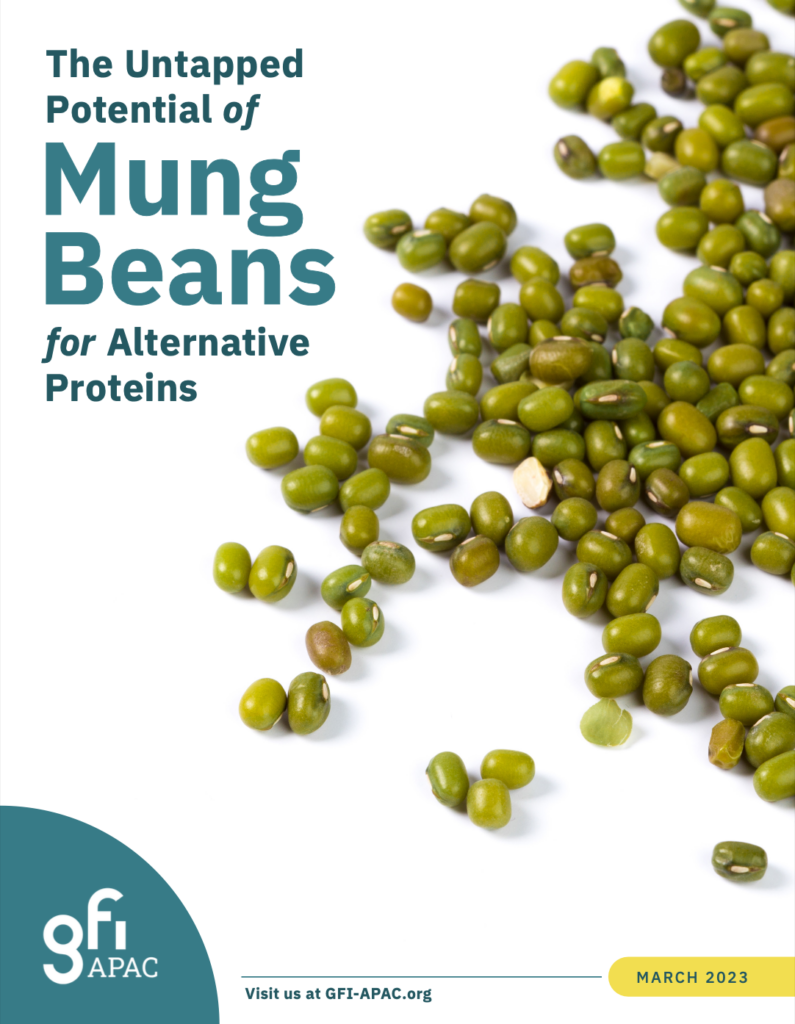The Untapped Potential of Mung Beans for Alternative Proteins
A comprehensive exploration of the enormous opportunities and solvable challenges in utilising mung beans for alternative proteins.

Download The Untapped Potential of Mung Beans for Alternative Proteins
Crop diversification is an essential component of creating a more secure, sustainable, and just food supply—and perhaps no crop is better-positioned to thrive in Asia’s changing protein landscape than the humble mung bean.
Mung beans have far lower allergenicity than either soy or wheat, are among the most heat-resilient of all legumes, and are celebrated in both “great traditions” of Asian medicine, making them a familiar and broadly appealing ingredient in many cultures. Additionally, processing innovations for mung beans—which possess properties to achieve the desired taste and texture profile needed for many plant-based applications using less-intensive processing methods—could help products more easily earn the “clean label” status that many consumers say they want.
But unlocking this powerhouse ingredient’s full potential will require overcoming decades of R&D neglect and complex supply-chain challenges. This important new report co-authored by GFI APAC experts Jennifer Morton and Wasamon Nutakul, Ph.D. provides a roadmap for doing just that.
"*" indicates required fields

